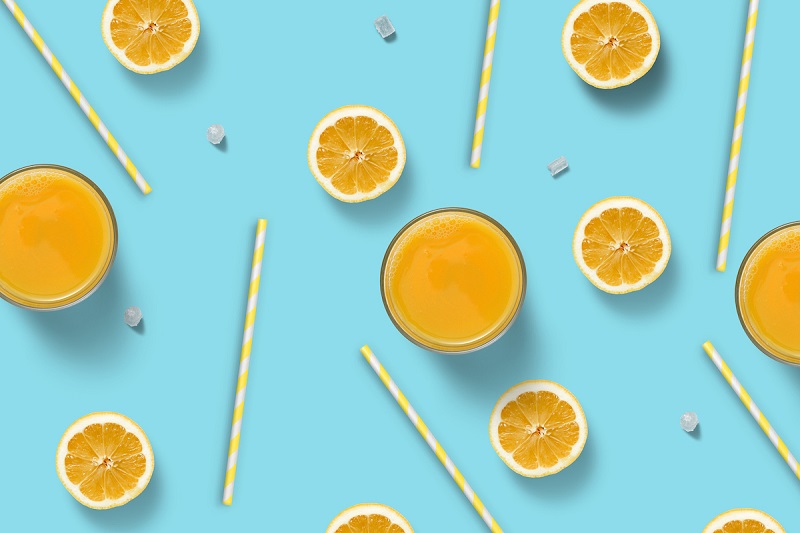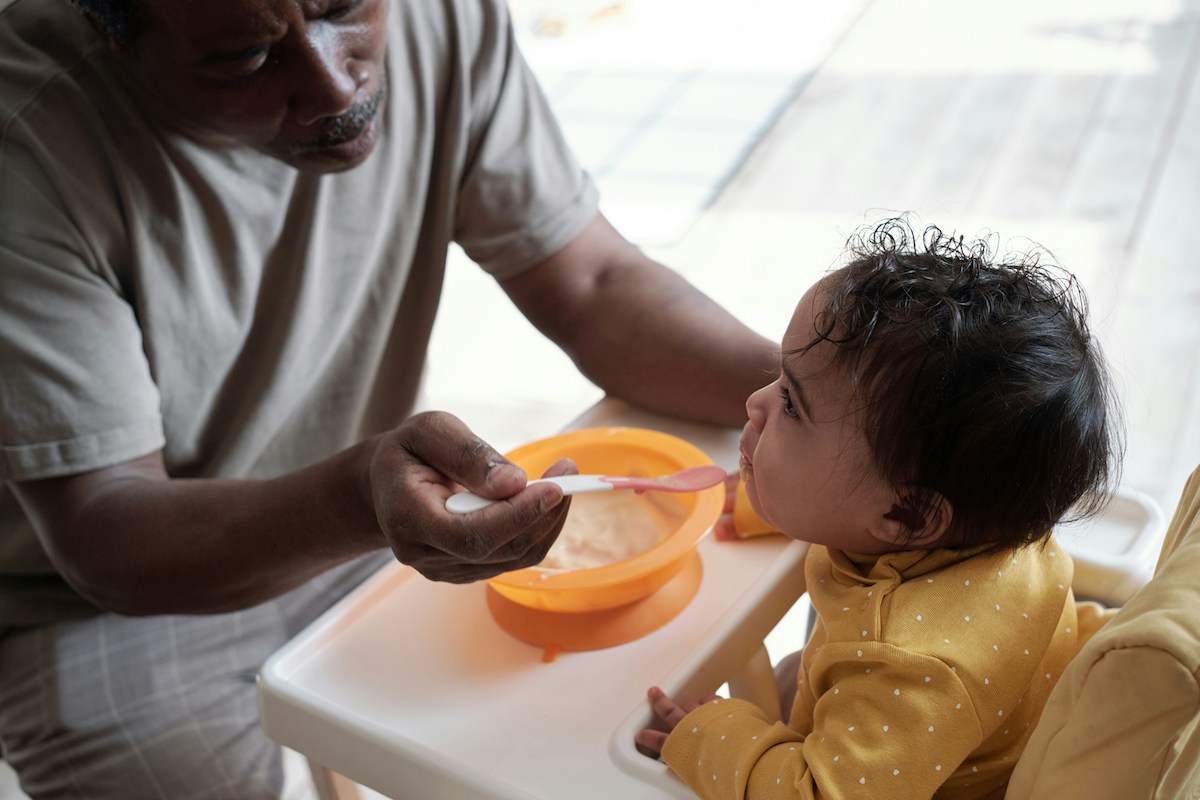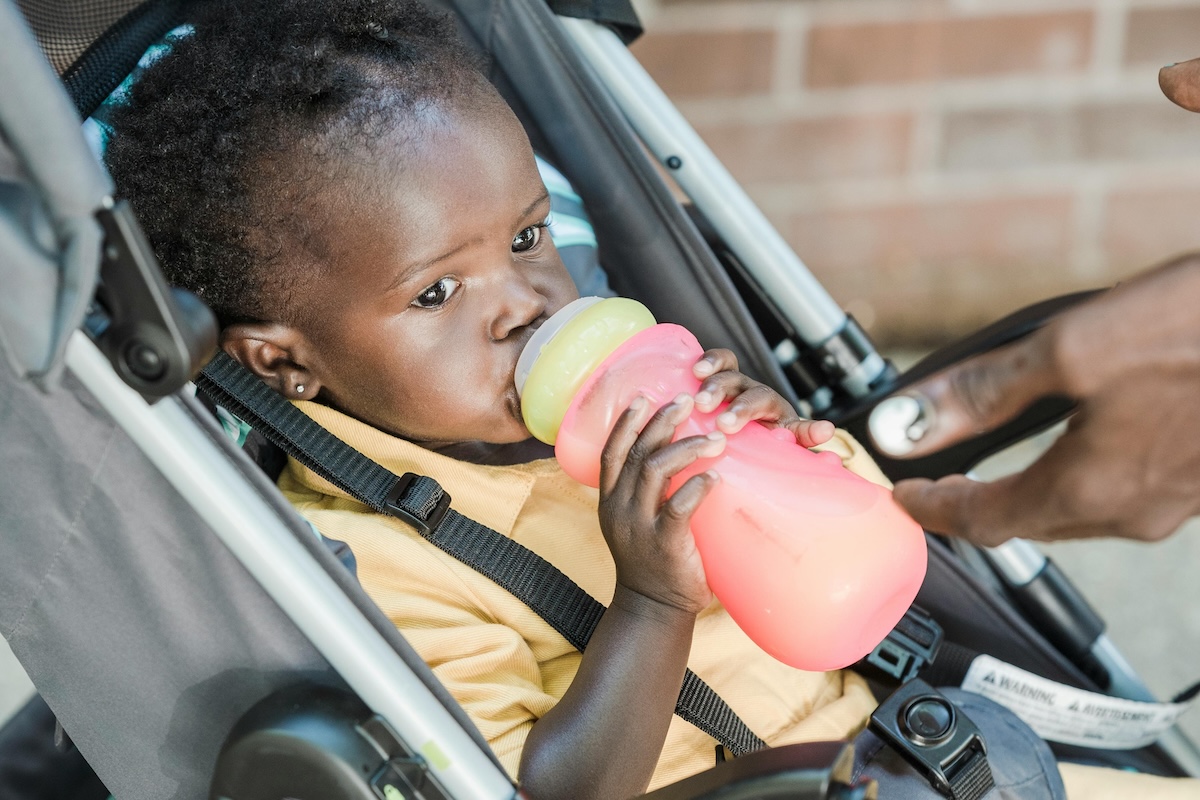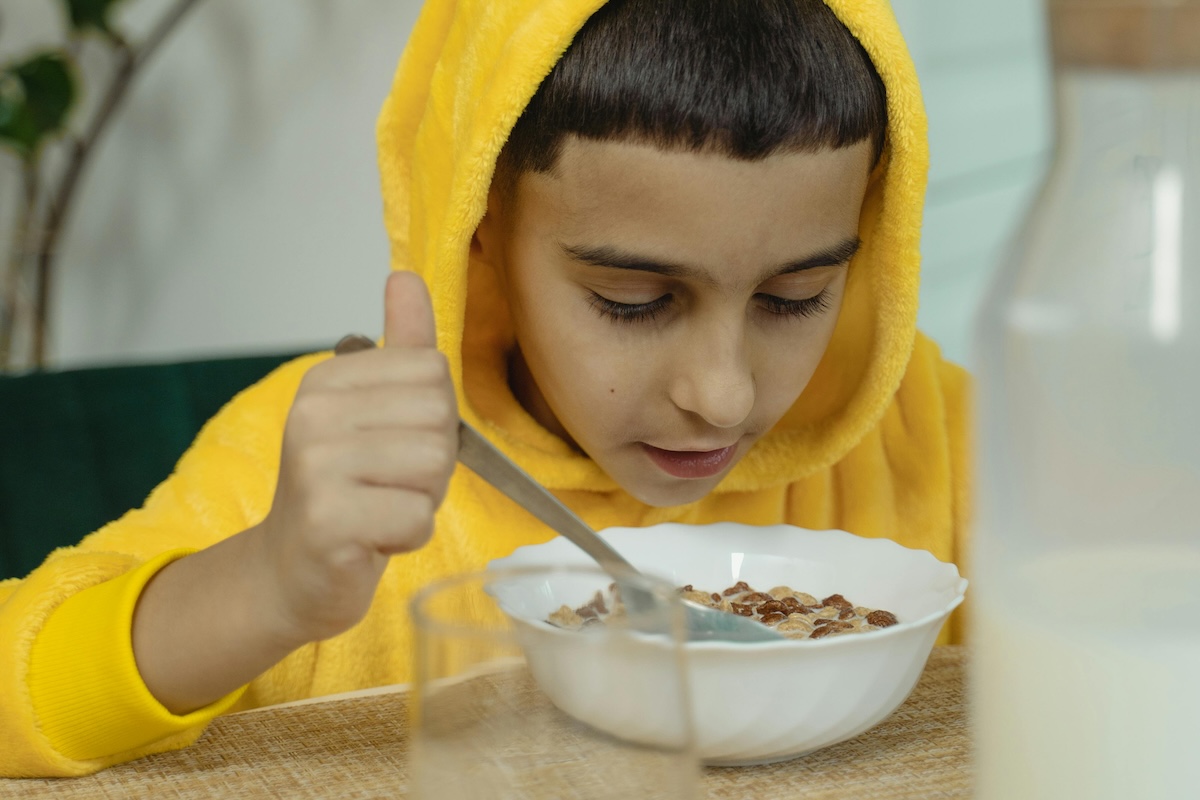Juice: how bad is it really?
—Half Juice/Half Water/Half Stressed
My younger brother, as a child, had juice as his primary food group. Especially in the summer, when he would eat these popsicles that my dad made out of orange juice. I think his record for daily popsicle consumption was 11. That was on top of liters of a drink we called “orange juice and P-water,” which was a combination of juice and Perrier.
My point is, my family was unusual. But also, kids of the 1980s consumed a lot of juice. Now juice is considered something out of a horror movie. Or at least, for a lot of people, it’s more of a “treat.” The nutrition guidance for kids is clear: Children only need milk and water. They do not need juice, and, moreover, it is unhealthy.

Why?
There are two arguments here. The first is about teeth. Juice has sugar in it. If you bathe teeth in sugar and do not brush them regularly, that can lead to cavities. For this reason, if your child has juice (or really, even if they do not), they should brush their teeth twice a day (here is more on the evidence on toothbrushing in general). This is also the reason that drinking juice from a bottle, or in bed, can have negative impacts.
The second, and I think more common, argument is about weight. After all, the tooth issue can be addressed by toothbrushing. But many of the arguments around juice are about possible correlations with childhood obesity. As you well know, I am not a huge fan of correlational nutrition science. This is a classic example where we cannot really trust the correlation between juice-drinking and outcomes because so many other factors likely differ across families.
This is even more true in the present moment because juice is maligned. That negative juice talk causes some people to stop giving their kids juice. But the people who stop doing so are also likely reacting to all kinds of other messaging (as in this research).
Even with all of these biases, though, in meta-analysis data, juice actually isn’t correlated with obesity. This argument is both very unlikely to be true and also practically doesn’t show up in the evidence.
It is true that your child doesn’t need juice. But they also do not need hamburgers or pizza or pancakes or any other particular food. I don’t know why juice would be subject to a more stringent standard. Of course, they can have too much (see, e.g., my brother). But juice is not the bogeyman.
Community Guidelines



















Log in
I think the other concern regarding juice and teeth is its acidity (say for orange or grapefruit juice). So to add a little nuance to the advice, “If your child drinks juice, make sure they brush their teeth,” in line with the article “When Should You Brush Your Teeth?” here, we might say, “Make sure they brush their teeth, but not for at least 30 minutes after having the juice.”
https://parentdata.org/when-should-you-brush-your-teeth/
Hi! I came to this article to see if there is any information on heavy metals in juice. I know of the Consumer Reports study that came out a few years back detailing high levels of lead and arsenic in juice and wanted to see if there is any recent information to go by? Are there any companies taking action about this? And, what do these levels mean — is it unsafe to give our children juice here and there? We don’t often have juice in our home but my kids like to have a juice box at parties, etc. here and there. Thank you for any guidance!